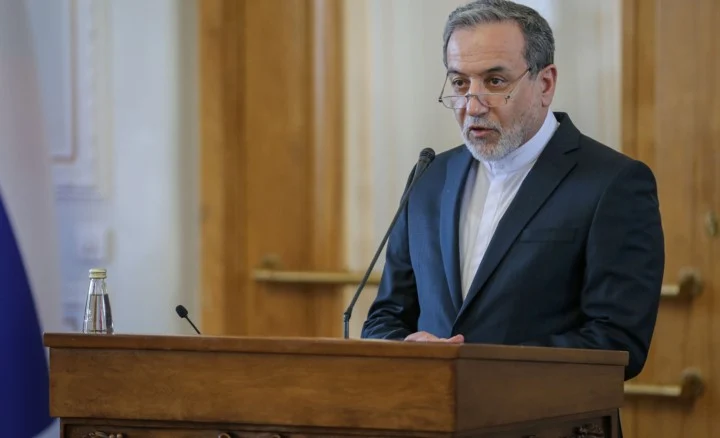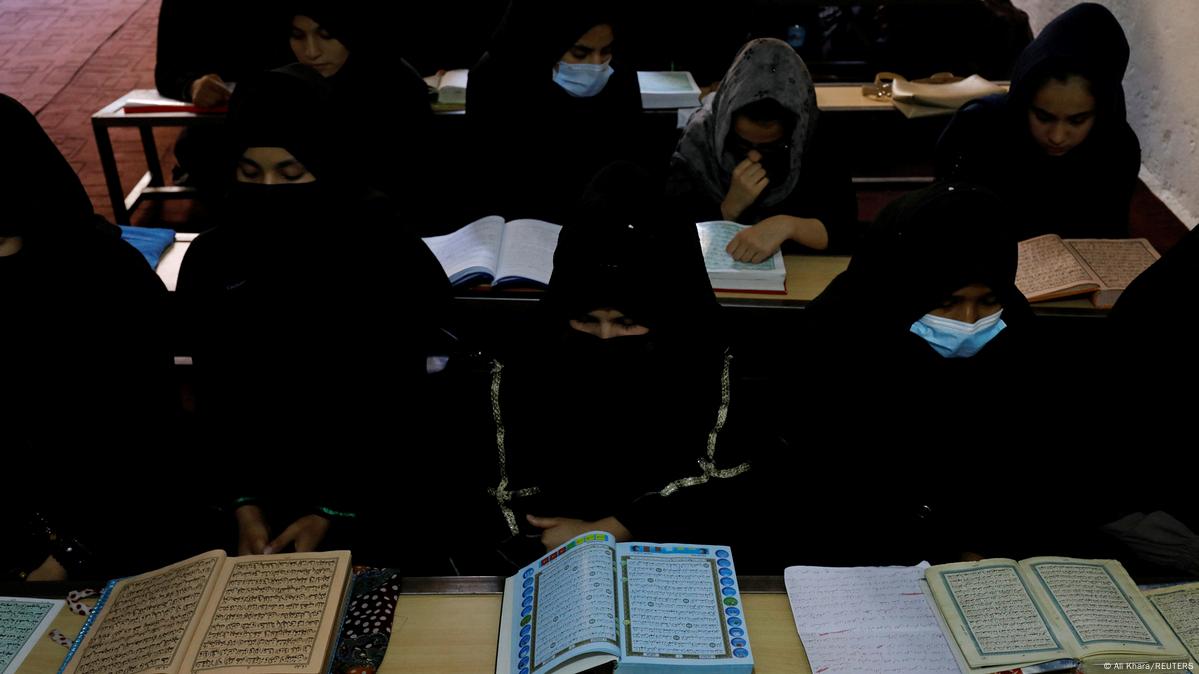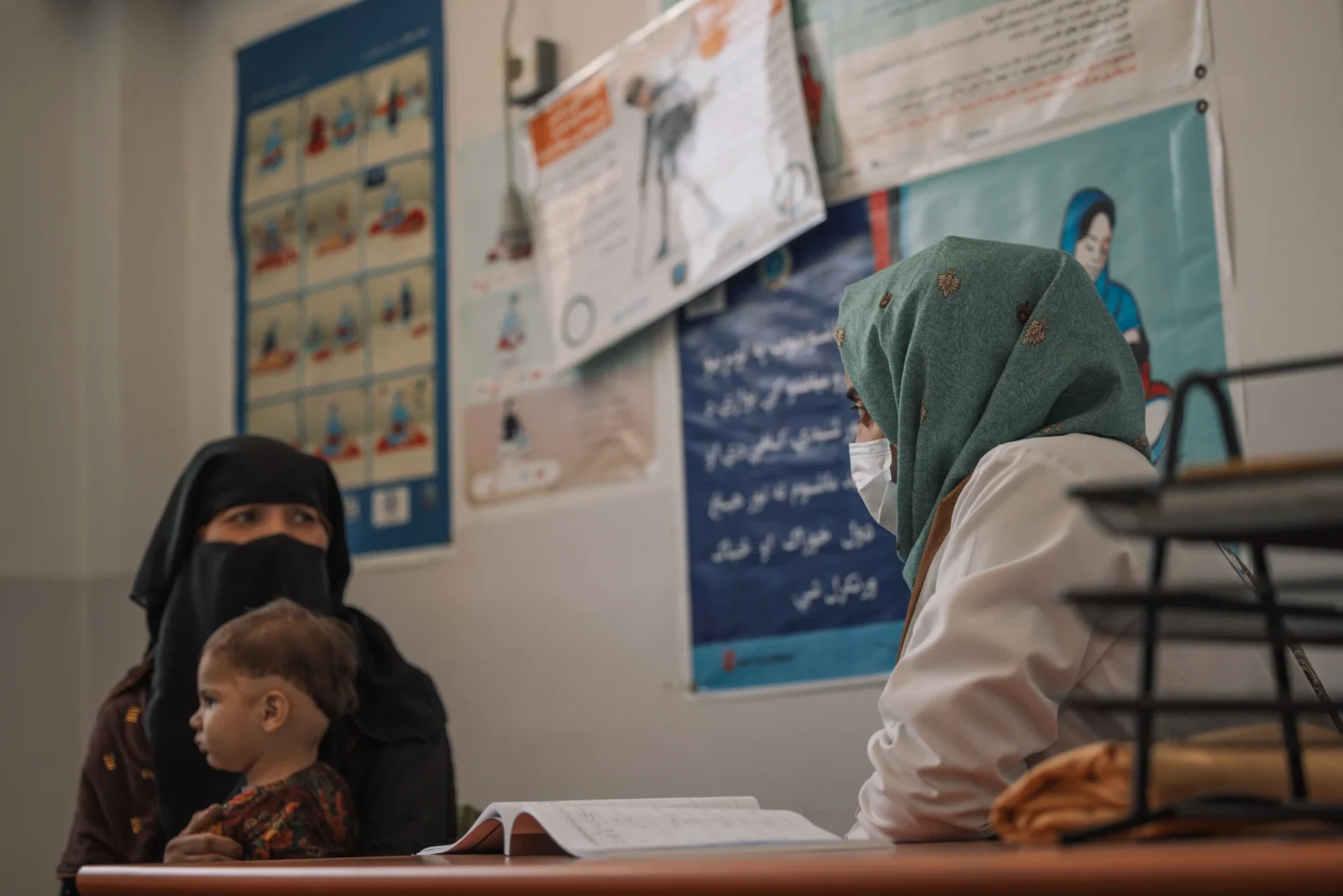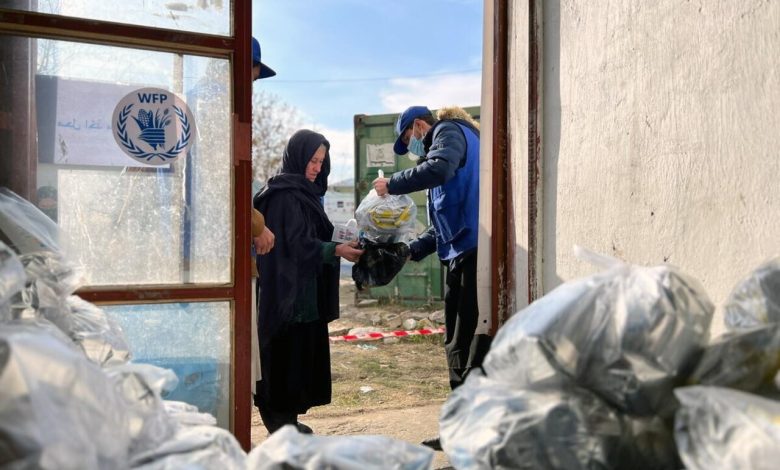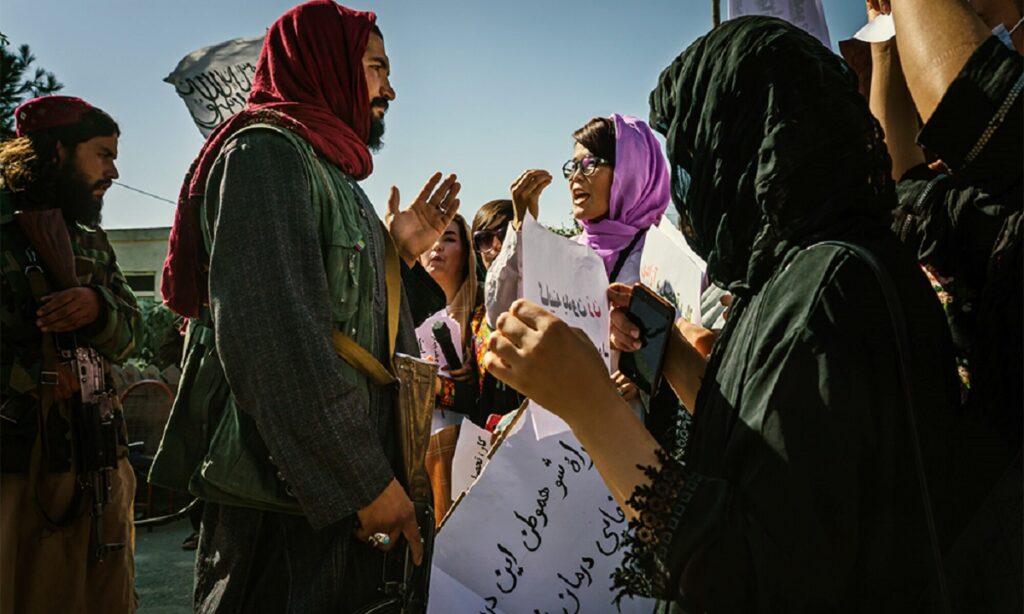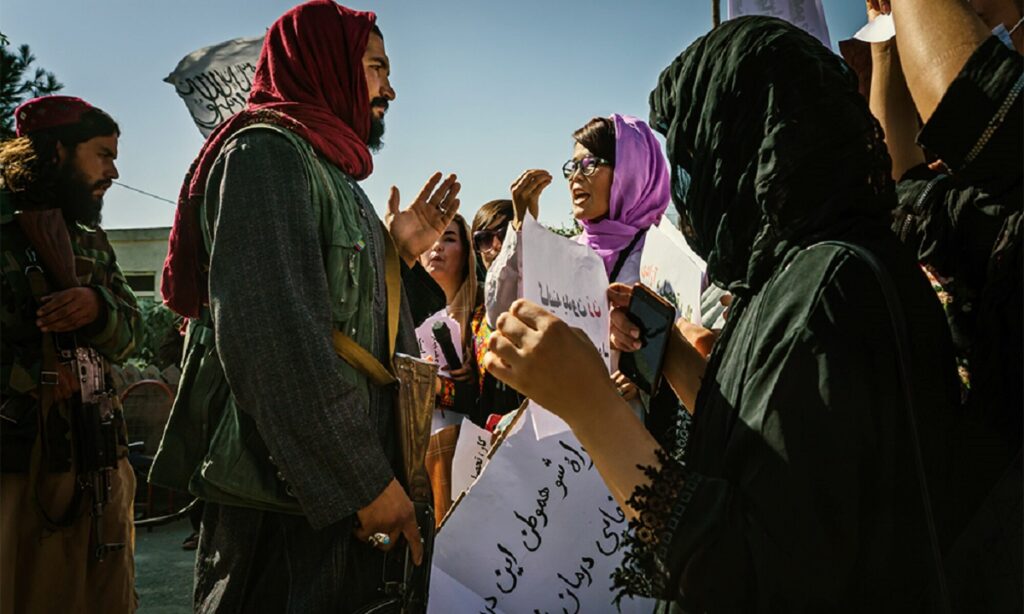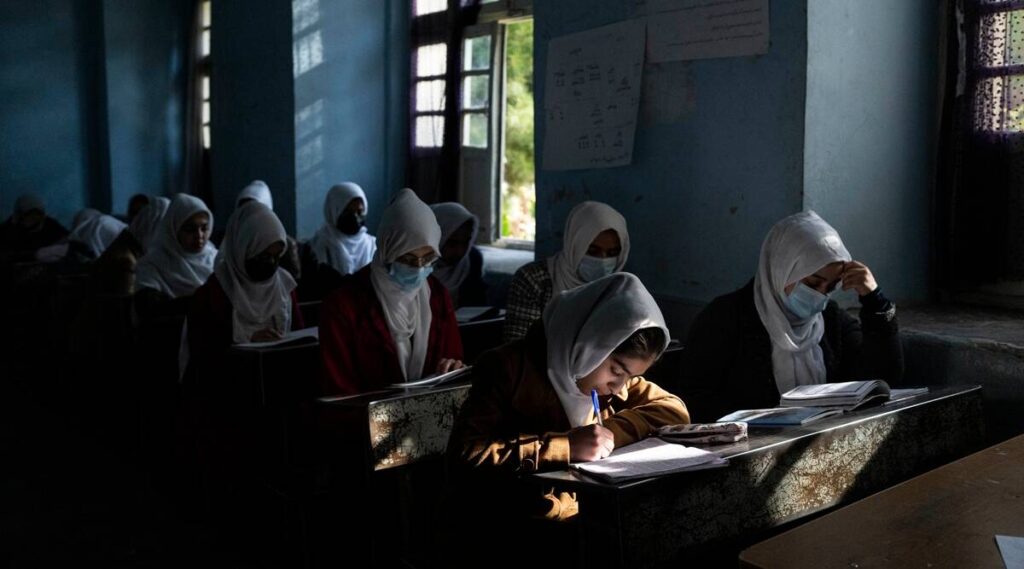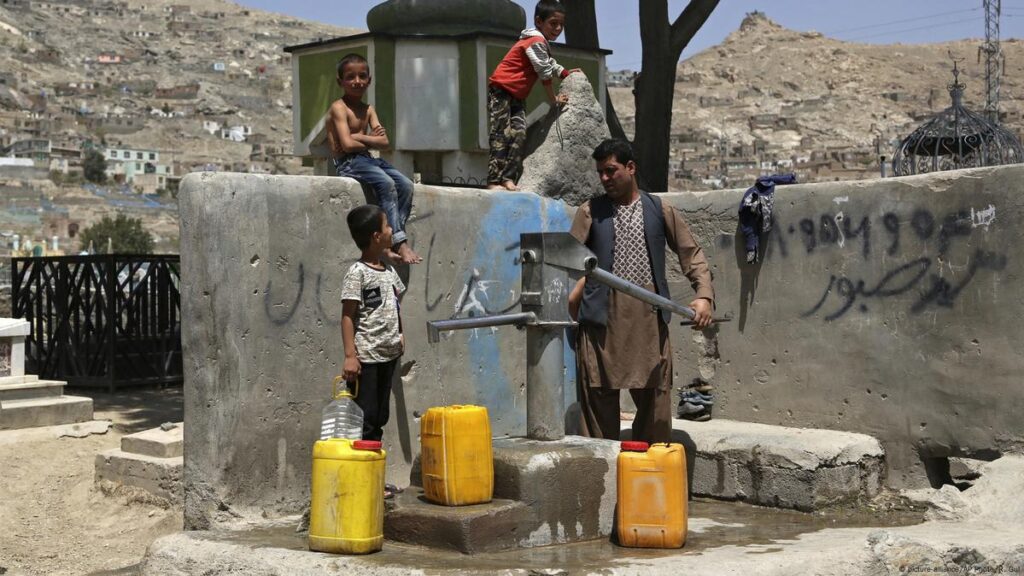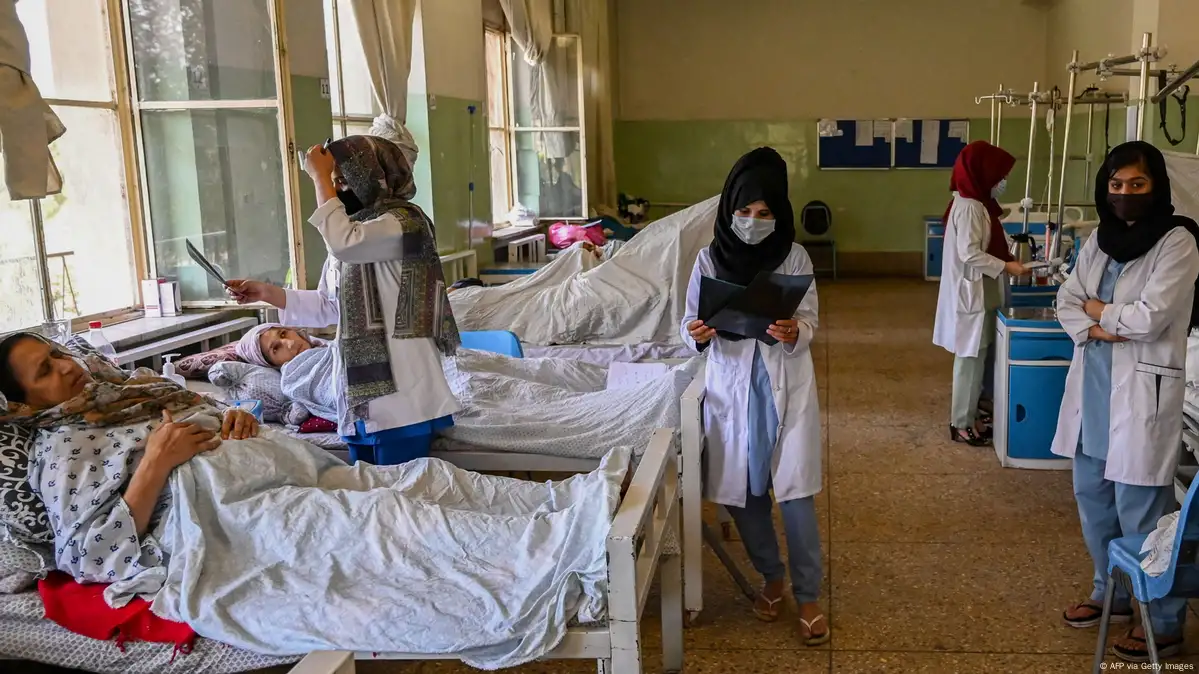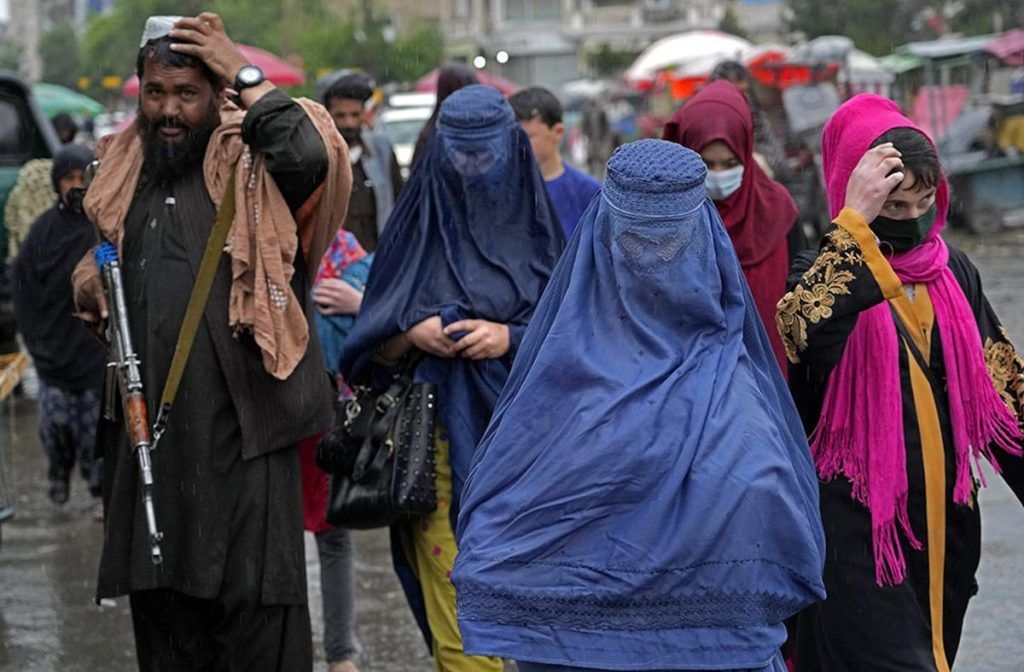
The French Ministry of Foreign Affairs has recently announced that it will continue its support for the people of Afghanistan, especially women and girls. In a statement marking the fourth anniversary of the takeover by the caretaker government in Afghanistan, the ministry called on the current authorities to uphold their commitments. The statement read: “France once again strongly condemns the severe and systematic violations of the rights of Afghan women and girls, aimed at erasing half of the country’s population.” The French Foreign Ministry further described the exclusion of girls from medical educational institutions as unjustifiable. The statement also emphasized that France continues its support for the people of Afghanistan directly and through UN humanitarian organizations. It is worth noting that earlier, Canada had also condemned the systematic violations of the rights of women and girls by the current authorities, stressing that normalization with this group would not be possible without respect for human rights. Since retaking power in Afghanistan, the caretaker government has imposed wide-ranging restrictions on women’s fundamental rights and freedoms, barring them from education and work. As a result, millions of schoolgirls have been deprived of education. In addition, women have been banned from going to gyms, restaurants, public baths, being examined by male doctors, traveling without a male guardian, and working in domestic and international NGOs, as well as UN offices in Afghanistan.

